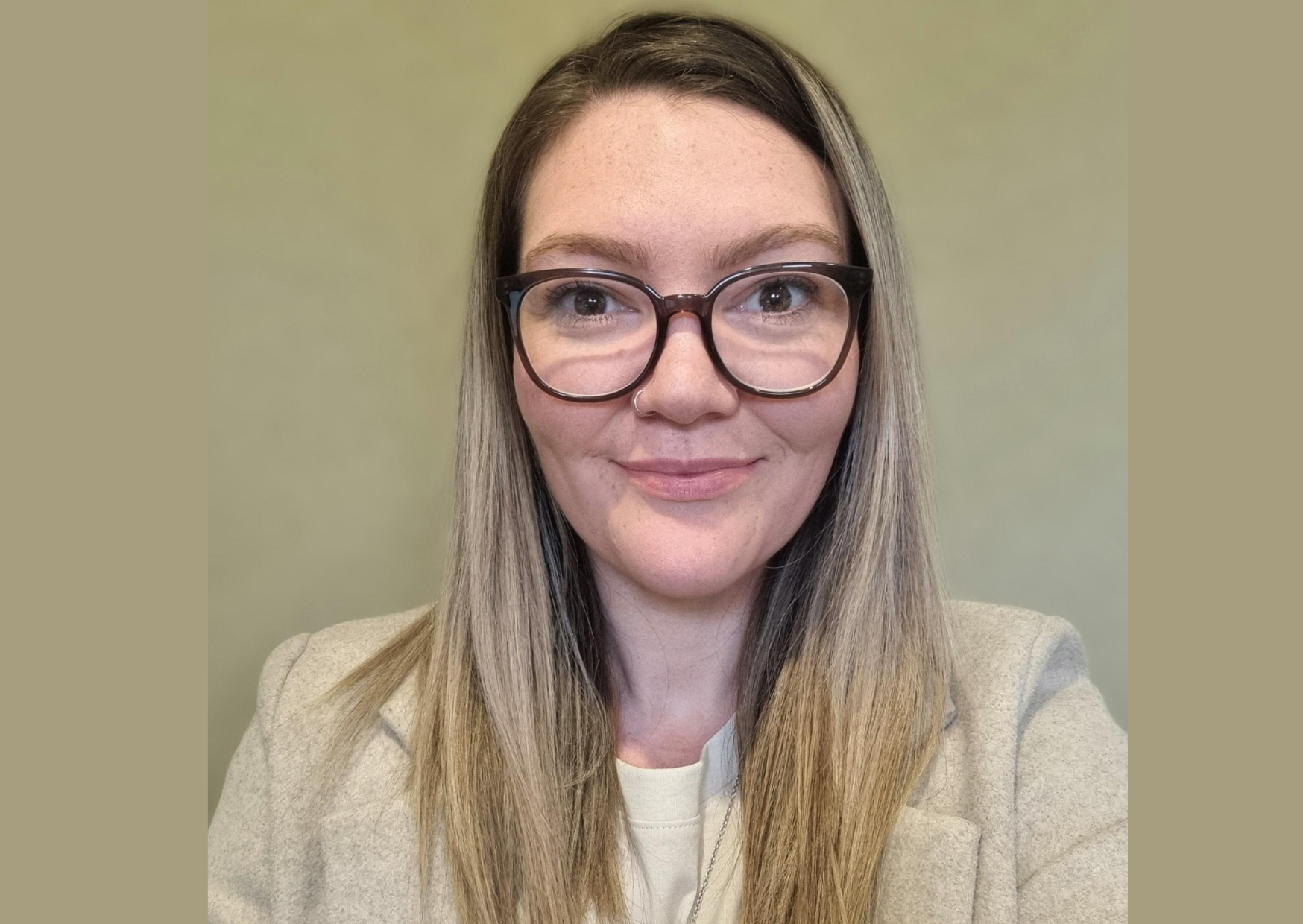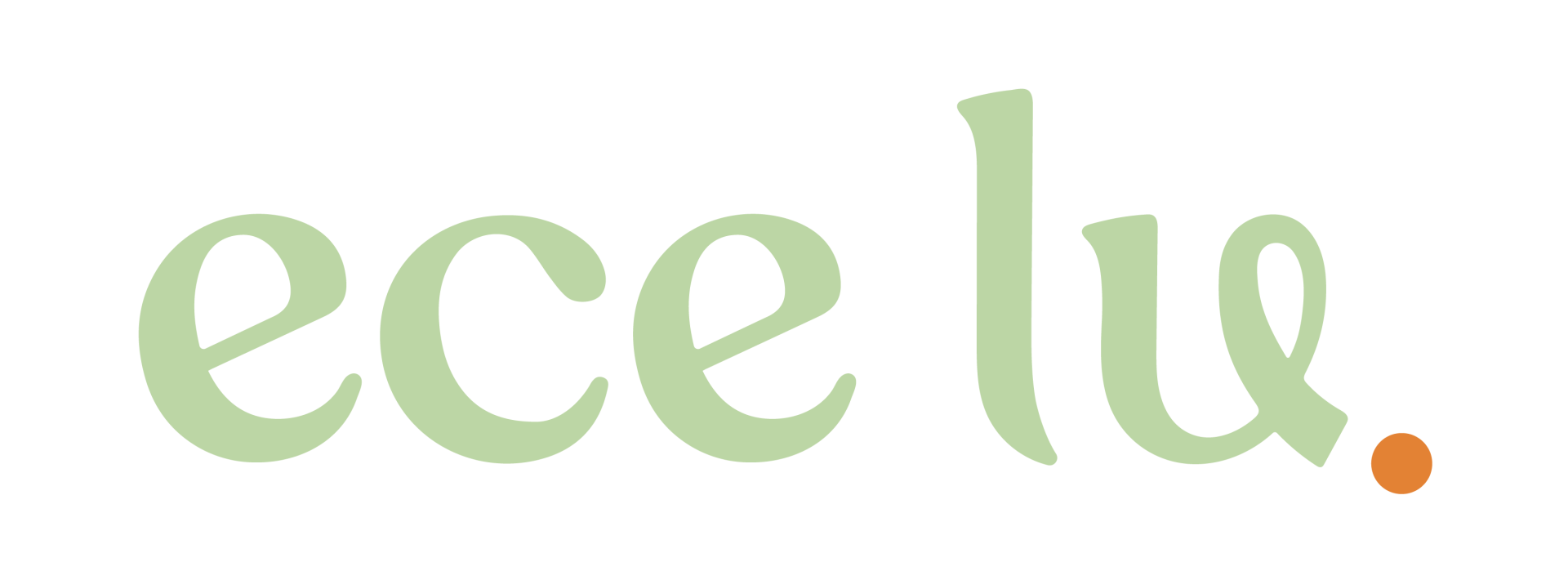Shifting from Control to Collaboration:
In both child and adult spaces, the sharing of power starts with trust. It requires a move away from controlling behaviour management or rigid leadership and toward responsive, relational teaching.
Reflect for yourself:
- How do I share power with children?
- When do I feel most autonomous as an educator?
- How do we foster a culture of empowerment in our team?
One teacher shared a moment when a child corrected them during mat time:
“Instead of brushing it off, I invited him to show me his way. His eyes lit up. We ended up doing it his way, and it was richer than I ever planned. That was a turning point for me in how I saw leadership and power.”
When children are allowed to lead, they grow. When educators are allowed to lead, they shine. And when centres move from hierarchy to reciprocal learning, everyone benefits.
Culturally Responsive Practice & Power:
A culturally responsive educator understands that supporting agency also means affirming identity and voice.
Supporting autonomy means making room for difference, for cultural knowledge, and for voices that may have been historically silenced. It means asking whānau what matters to them, and weaving that into the way we plan, respond, and relate.
Autonomy as a Right and a Responsibility:
Autonomy is not optional. Under the UN Convention on the Rights of the Child, children have a right to agency, and educators have a right to professional voice and trust.
But autonomy also comes with responsibility, to listen deeply, to hold space with care, and to reflect often. It’s not just about letting go, it’s about holding hands while we step forward together.

